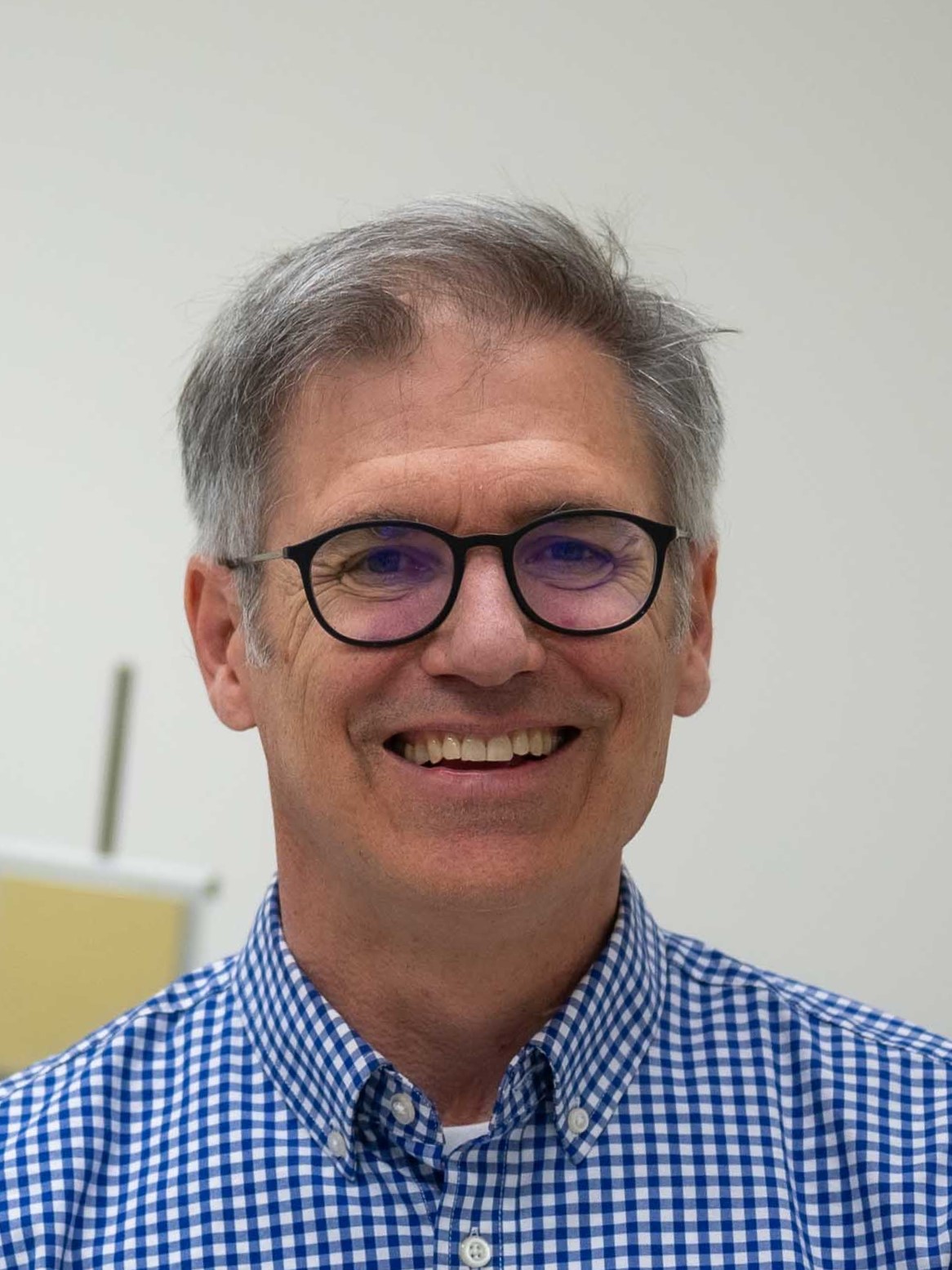Chair's Message

Dr. Mark Glover
Professor & Chair
The Department of Biochemistry at the University of Alberta has a long and illustrious history dating back to the early 20th century and the ground-breaking research contributions of our first Chair, James Collip, to the development of insulin. Over the last century, biochemical research has expanded to impact diverse areas of human health and disease.
Today, our Department spans a broad range of modern biochemical research including the following areas:
- structural biology and biophysics
- proteomics
- enzymology
- membrane protein structure and function
- RNA and gene regulation
- lipid signaling
- systems biology
- cell biology and cell imaging
This research has shed light on fundamental molecular mechanisms underlying cancer, heart disease, neurological disorders (including prion diseases), infectious diseases, and metabolic disorders.
The Department runs a large undergraduate program, offering a range of courses in biochemistry to more than 1,500 students per year who are registered in diverse programs. Of these, approximately 25 students per year choose to graduate with a B.Sc. in Biochemistry. In addition to a full slate of undergraduate courses, the Department also has developed a series of research-based courses that bring students into our laboratories in each of the 2nd, 3rd and 4th years of their degree. Specialization and Honours Biochemistry students can partake in our "Research Abroad" program which offers the opportunity for research projects in partner institutions in Europe, typically during the summer between 3rd and 4th years. This, together with our mentoring and career skills training, offers undergraduates a rigorous and yet diverse training.
Our graduate program builds on a strong research base to offer MSc and PhD programs that cover the breadth of Biochemistry. We offer an excellent mentoring environment for all our trainees that not only provides scientific training but also career skills development and a supportive graduate student community. Recent graduates of our program have gone on to take up academic positions at Universities around the world, as well as careers in industrial and clinical research, medicine and dentistry, teaching, science journalism, patent law, and science policy.